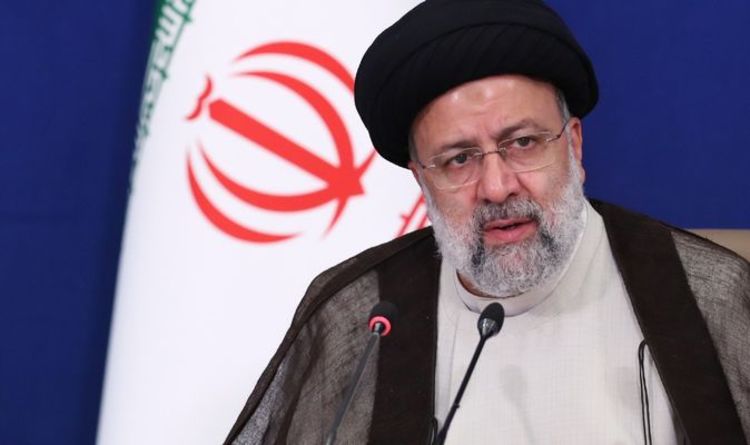

Tehran’s top nuclear negotiator Ali Bagheri Kani said in a tweet on Wednesday he had agreed with European Union envoy Enrique Mora to start negotiations on November 29 in Vienna to discuss the Joint Comprehensive Plan of Action (JCPOA) deal talks.
Robert Malley, US Special Envoy for Iran, said they hope Tehran returns to talks ready to negotiate and in good faith.
US State Department spokesperson Ned Price said Washington still believed that it remains possible to quickly reach and implement an understanding on a mutual return to compliance with the JCPOA.
Under the Trump administration, the US imposed crippling sanctions on Iran after withdrawing from the Iranian nuclear agreement, formally known as the Joint Comprehensive Plan of Action (JCPOA), in 2018.
Washington sought an extension of a United Nations (UN) arms embargo against Tehran.
The nuclear deal had restricted Iran’s nuclear weapons capability in return for sanctions relief.
US President Joe Biden met Prime Minister Boris Johnson, German Chancellor Angela Merkel and French President Emmanuel Macron at the G20 summit on Saturday to discuss the way forward in talks with Iran over its nuclear programme.
The four leaders urged Iran to “seize the opportunity” of a possible return to the deal in order to prevent a “dangerous escalation”.
In a statement, they said: “This will only be possible if Iran changes direction.
READ MORE: World War 3 MAPPED: The SIX places where WW3 could break out in 2021
“If the current status quo continues, the result of negotiations is clear.”
In September, Mr Biden indicated an interest in turning a page on US-Iranian relations as he addressed the UN General Assembly (UNGA).
Mr Biden said the US would return to “full compliance” with the deal negotiated during his previous stint in the White House under former President Barack Obama.
He said: “The United States remains committed to preventing Iran from gaining a nuclear weapon.
“We are working with the P5+1 to engage Iran diplomatically and seek a return to the JCPOA.
“We’re prepared to return to full compliance if Iran does the same.”
Iran began publicly exceeding enrichment limits set by the agreement saying it would return to compliance if the US did the same.
Earlier this year, the Iranian Parliament passed a law which if implemented would expand Tehran’s nuclear programme and limit the monitoring access of the IAEA.
Under Iran’s nuclear deal with major powers, Tehran can only use first-generation IR-1 centrifuges at the underground plant.
These are also the only machines Iran can accumulate enriched uranium with.
However, in December Iran told the United Nations’ nuclear watchdog it plans to install three more clusters of advanced IR-2m centrifuges at its underground uranium enrichment plant at Natanz.
The agency wrote: “Iran informed the Agency that the operator of the Fuel Enrichment Plant (FEP) at Natanz ‘intends to start the installation of three cascades of IR-2m centrifuge machines’ at FEP.”
They added these were in addition to one of IR-2m machines already used for enrichment there.





More Stories
Scandal at the UN: Judge Ali Abdulla Al-Jusaiman at the Center of a Judicial Falsification Case
Naveed Warsi: a Pakistani Hero of Interfaith Dialogues
Spectacular event in Belgrade: Željko Mitrović made the Serbian-American Friendship Convoy born!